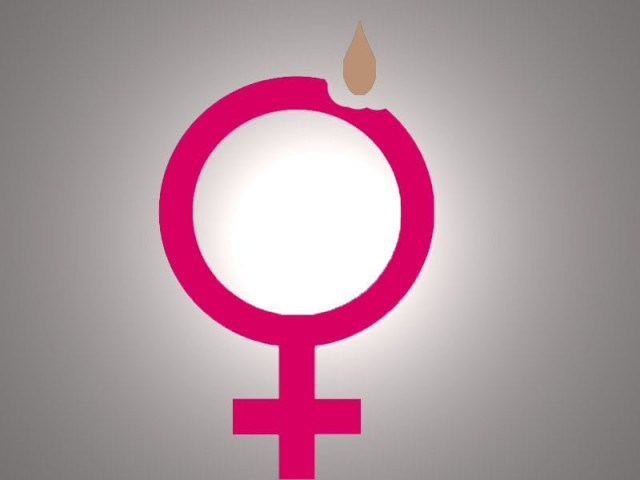Indian acid producers responsible for 'vile' attacks: women leader
Acid attacks on women are most common in Cambodia, followed by Bangladesh, Pakistan, Afghanistan and India

Acid attacks on women are most common in Cambodia, followed by Bangladesh, Pakistan, Afghanistan and India. STOCK IMAGE
Acid attacks - meant to maim, disfigure or blind - are most common in Cambodia, followed by Bangladesh, Pakistan, Afghanistan and India.
Women are the victims of 80 per cent of the roughly 1,500 acid attacks reported globally each year, the London-based charity Acid Survivors Trust International says.
"When we talk about laws, we need to look not merely at the people who are throwing acid on others, we need to look at the availability of the acid - those who sell it and manufacturers of the acid which is sold in these little bottles," NCW chairman Lalita Kumaramangalam said at an event late on Monday.
Read: Indian woman attacked with acid by rejected suitor marries ‘well-wisher’
"Small manufacturers don't think beyond their sales. They don't bother about where these bottles end up and how they perhaps could be used," she said. Acid attacks are "vile" and top the list of heinous crimes, she added.
In India, 349 acid attacks were reported in 2014, up from 116 in 2013 and 106 in 2012, according to research by the charity Acid Survivors Foundation India (ASFI).
Despite a law making acid violence a separate offence with a minimum penalty of 10 years in jail, and a Supreme Court ruling on the regulation and sale of dangerous chemicals, acids are still bought and sold without the required licences.
Locally produced household cleaners, which contain highly concentrated acids, are cheap and plentiful in markets, said Kumaramangalam, speaking at the launch of a new book by ASFI to help those caring for victims.
Anu Mukherjee, who had acid thrown over her by a jealous female colleague, said it pained her to find acid still available in her local market and added that vendors did not know that buyers need a licence to buy it.
Read: Rape, acid attacks, kidnap: Girls face rising violence in fight for education, warns UN
Mukherjee, 35, told participants the government needed to enforce laws on acid purchase, speed up lengthy trials and ensure strict punishment for attackers and adequate rehabilitation for victims.
"My whole life has been ruined by the attack. My dreams were shattered," said Mukherjee, who was a dancer before the attack on her in 2004 left her disfigured and blind.
"Women like me are made to feel ashamed and do not go out as people stare at us or pity us. We want jobs and help to rebuild our lives so we can be like everyone else."



















COMMENTS
Comments are moderated and generally will be posted if they are on-topic and not abusive.
For more information, please see our Comments FAQ